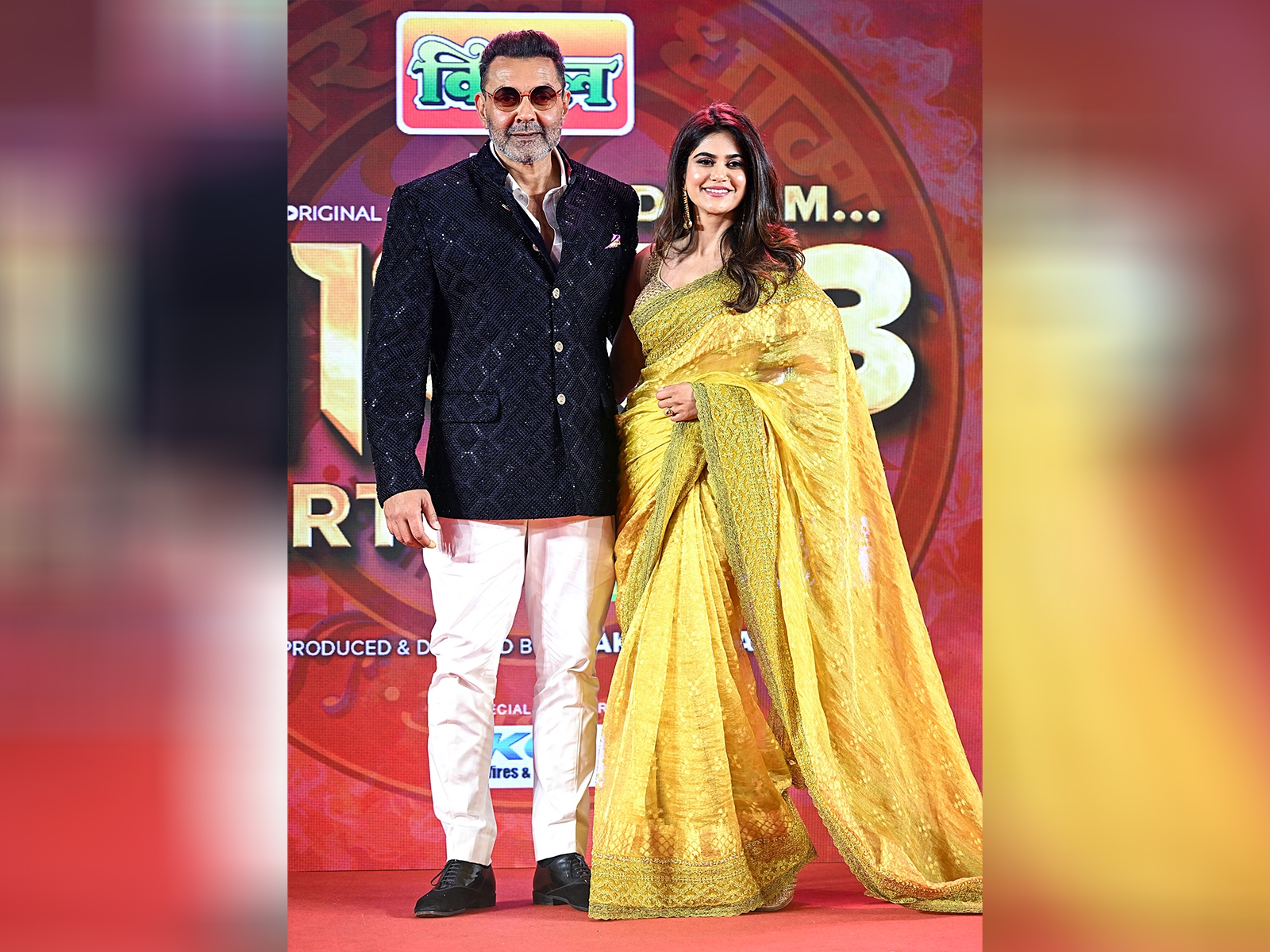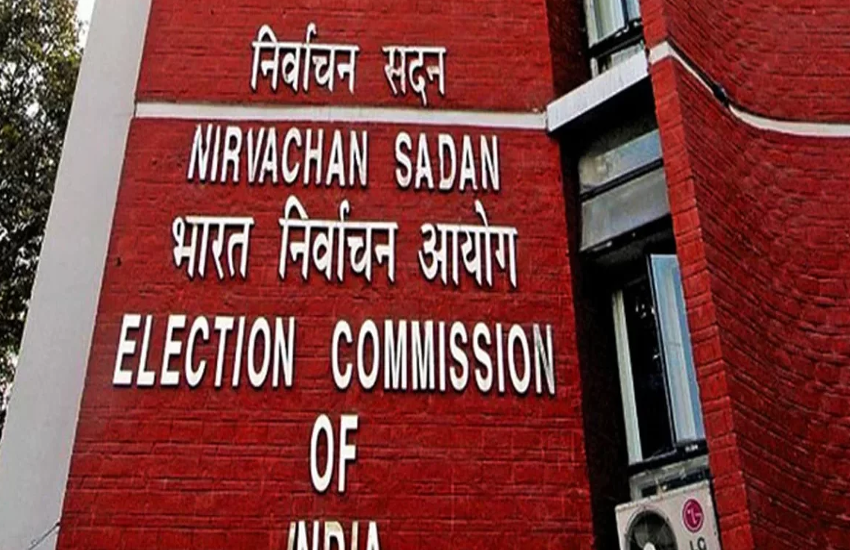Placebo: The chilling undercover film that tracks student suicides in AIIMS

The journey
- Abhay Kumar filmed Placebo for two years undercover at AIIMS, India\'s top med school
- It\'s a stunning exploration into success, depression and the unreal pressures high-achievers face
- It started when his brother, an AIIMS student, smashed his hand through a window in uncontrollable rage
More in the story
- India\'s student suicide epidemic, and why AIIMS is the tip of the iceberg
Going undercover in AIIMS, India's top medical institution, without being a student there is a crazy idea.
Staying undercover for two years as a guerrilla filmmaker and filming the lives of four students on campus is not just crazy, it sounds impossible.
Abhay Kumar managed it.
He started work on Placebo - the title of his just-released film - in 2011.
Also read - Migrants aren't statistics: three heartbreaking stories show why
Four years on, Placebo has been screened at major international festivals including the iconic International Documentary Festival of Amsterdam (IDFA), just premiered at the recently-concluded MAMI 2015 and received a standing ovation at the Dharamshala International Film Festival last week.
A few private screenings were also held at some colleges like KEM Hospital in Mumbai.
But if there's something that speaks volumes about the blindness of the iconic institution where the film is set, it's this: AIIMS still doesn't know anything about this film, says Kumar.
A deeply disturbing experience
This is a dark, intensely disturbing film - more so because the institution it is set in is held up as the epitome of academic achievement in India.
Abhay sets out to capture the placebo - a false sense of superiority and success - that a hyper-competitive institution like AIIMS offers bright young students.
The price for that placebo? The pressure of conforming to the image created for you.
If you're in AIIMS, the country's top medical college, you're naturally the best. You're meant to have prodigious talent, be hyper-confident, ambitious.
But best in an ocean of fellow-students who have been fed the same placebo? Best in a relentless, never-ending web of pressure - from faculty, from fellow-students, from families who push you to be always a little better, a little more, one fractional point ahead of the equally-bright student by your side.
45,000 deaths in 2014 between ages 18 and 30. Of that about 8,000 were students
Small wonder that this placebo causes dozens, each year, to commit suicide.
India is the suicide capital of the world, and that figure is highest in the 18-29 age band. Going even by official reports - which are just the tip of the iceberg - 45,000 boys and girls of this age killed themselves in 2014. Of that, about 8,000 were students.
But this story, though set in AIIMS, is not about one institute.
Rather, AIIMS is the metaphor through which student pressures is told, and one that Kumar picked for highly personal reasons.
It started one night
It started when Abhay's brother Sahil - a student at AIIMS - got into a fight at the college, worked himself up into a fit of uncontrollable rage, and smashed his right arm through a glass window.
This was a bright, hyper-intelligent 21-year-old who had entered the hallowed doors of the country's top medical college. And now he had destroyed his entire future - he lost fine motor movement in his right hand thanks to the incident - in a few seconds.
For his 25-year-old elder brother Abhay, it seemed impossible to conceive. But he wanted to understand.
And so, he set out on an incredible journey.
At first, when he smuggled a handycam onto the AIIMS campus, the idea was merely to document Sahil's struggle to return to some kind of physical normalcy. The incident had left Sahil's right hand with no motor movement and the need for a number of complicated graft surgeries for arteries, skin, muscles and nerves.
"I wanted to capture the fact that if he could overcome this phase, he could overcome anything," says Kumar.
Placebo is a brave attempt to give a proper vocabulary to depression and campus life across India
But as the camera kept rolling, other unexpected stories emerged.
Stories that became a metaphor for the dark place the brightest of India's young inhabit.
It started with another medical student called K, who happened to suffer a nerve injury similar to Sahil's. From there, K led Kumar to another student called Chopra - on camera, in real time, and he in turn to the fourth.
In the heart of darkness
Abhay's conversations with the boys - unscripted, captured organically on film - help shape a narrative that is complex and challenging.
Perhaps the most striking part of the film is how gradually but inexorably the pressures, strains and cracks in the students' armour are revealed.
It could not have been more effective had it been scripted.
There's the casual banter, the boys' room rants, the flashes of humour and insight Abhay captures as he becomes increasingly intimate with the boys.
As they become more accustomed to his presence, the camera seems to disappear - and with it, their constructed identities.
There are moments so revealing, it seems impossible they are accidental. Moments of loneliness so intense, a boy will listen to Facebook's chat notification sound on loop because there's no-one to talk to.
Abhay also captures the fissures that emerge as news of student suicides hits campus, and as protests against the director of the institute take off.
This is not a documentary
His four characters represent, intriguingly, a microcosm of student types - the rebel, the bright young thing following the family diktat, the dreamer. Each sheds light on the dark, depressing reality of academic pressure, familial expectations, and above all, the pressure that comes to high achievers after they have made it to their dream institution.
It's an exploration of mental health issues and how they're swept under the carpet - and even aggravated - by the aggressive, competitive vibe of our most prestigious educational institutions. It's a chronicle of despair and self-doubt, high-expectations and low-support systems, bravado and failure.
At the end of filming, Kumar had spent two years on campus, tracked four boys for the entire duration, and had over 1,000 hours of footage. And he had lived every one of those emotions himself.
The challenge then became to shape his footage into a narrative that respected the intimacy of the stories - and yet made compelling viewing.
Unable to find an editor who could do justice to the task, Kumar and his team decided to do it themselves. But there were gaps he needed to close, gaps he wanted to fill in the most engaging way cinematically possible.
That translated to the use of animation that, in its final viewing, give the film an almost surreal air. Is the end result documentary? Yes. Is it documentary in a visual language that you recognise? No, and that is the film's biggest strength.
"Placebo is a rare documentary where the filmmaker is intimately associated with the action, the boundaries are blurred between his personal life and what he's documenting. And he does it very honestly which makes it special," says Ritu Sarin of the Dharamshala International Film Festival that most recently screened the film.
This film is not about AIIMS
If there's one thing his two years at AIIMS taught him, it is, ironically, that AIIMS isn't the problem: it's the education system that's the problem.
It's a system that has no vocabulary to deal with mental health and student suicides, no room for transparent discussions or even the acknowledgement of pressure; where pressure is weakness and weakness is to be stamped out. There are student helplines but no training to help you recognise you need help. There are, even in a medical institution of this calibre, the "arrogant notion" that people or students from poorer backgrounds aren't affected by depression, it's seen mostly as a rich person's affliction.
"We want to create a sustained all-India campaign where we can screen the film in front of large groups of students. Because only then can we get the conversation started around the subject of the film. But for that we'll need a fair amount of money," says Kumar.
It turned out okay, after all
If you'd read the results of the UPSC/civil services exam this July, you might have spotted the feel-good story of a Dr Sahil Kumar from Ludhiana whose 'accident' left him without the use of his right hand - so he taught himself to write with his left one instead.
It's a story of incomprehensible grit, frustration and ultimately, spectacular success: Sahil - who could no longer practice medicine thanks to his impairment - stood for the UPSC exams and placed 447th in the country, and has now joined the Indian Foreign Service under the Physical Disability category.
And then there was K, one of the other students Abhay tracked for two years. Post his graduation from AIIMS, K worked for a year in Singapore as a psychiatrist but then abruptly quit and went missing.
At a recent TEDx talk Kumar gave in Goa where the film was also screened, people in the audience told him they saw K amongst the audience.
He went missing again right after. But his appearance is all the validation the documentary needs, if the truth needs validation at all.
READ MORE - Talvar is a masterful critique of our weakness for hysteria and slander
Muzaffarnagar Baaqi Hai is a film that won't stay quiet
First published: 17 November 2015, 3:32 IST






![BJP's Kapil Mishra recreates Shankar Mahadevan’s ‘Breathless’ song to highlight Delhi pollution [WATCH] BJP's Kapil Mishra recreates Shankar Mahadevan’s ‘Breathless’ song to highlight Delhi pollution [WATCH]](https://images.catchnews.com/upload/2022/11/03/kapil-mishra_240884_300x172.png)

![Anupam Kher shares pictures of his toned body on 67th birthday [MUST SEE] Anupam Kher shares pictures of his toned body on 67th birthday [MUST SEE]](https://images.catchnews.com/upload/2022/03/07/Anupam_kher_231145_300x172.jpg)






